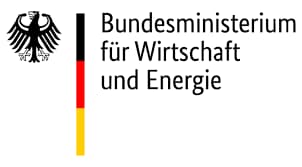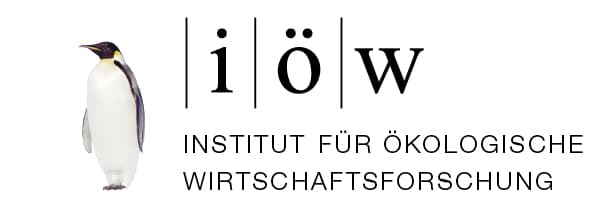building-dialogue: Building energy transition – in dialogue with society

Project description
In the “building-dialogue” project, scientists at RLI, as part of a consortium, are developing a Stakeholder-Empowerment (StEmp) Tool. The tool aims to highlight pathways for decarbo-nization in the building sector and increase acceptance for building renovations among pro-perty owners, thereby raising the renovation rate. StEmp tools are simulation-based digital instruments designed to help individuals in participatory processes make decisions and un-derstand their consequences more transparently. The tool, along with innovative dialogue formats, is intended to enable multipliers such as energy agencies to approach building ow-ners effectively.
The StEmp Tool and Dialogue Formats
The core element of the project is a web tool that builds upon existing models for heat gene-ration technologies (StEmp Tool Heat), electricity supply to buildings and quarters (EProM), and value creation and employment through energy-efficient building measures (WeBEE). The project team is further developing existing applications to create the new StEmp Tool Heat 2.0. The tool will be available for free use upon the project’s completion.
Additionally, the project involves the development of innovative dialogue formats focusing on information dissemination, consultation, and increasing acceptance. For information dis-semination, methods such as films or expert lectures can be employed, while discussion me-thods like the World Café or focus groups can be combined. The dialogue formats accom-pany the tool development, with insights from dialogue events iteratively incorporated into the tool.
Challenges in the Heat Transition
Challenges in the context of the heat transition arise from the German government’s Climate Protection Act of 2021, which mandates a 65 % reduction in emissions by 2030 compared to 1990. The building sector faces significant challenges in Germany, constituting 16% of total emissions and 35 % of overall final energy consumption, with 90 % attributed to heat supply. Building owners play a key role in addressing these challenges, as they significantly in-fluence renovation measures in their buildings and can thus make a crucial contribution to achieving climate goals.
Project Duration: October 2023 – December 2025
Tasks
- Management of the consortium
- Support in the conception and implementation of dialog events
- Model synthesis (comparison of existing tools and development of StEmp Tool Heat 2.0)
- Scientific dissemination and transfer to other regions






